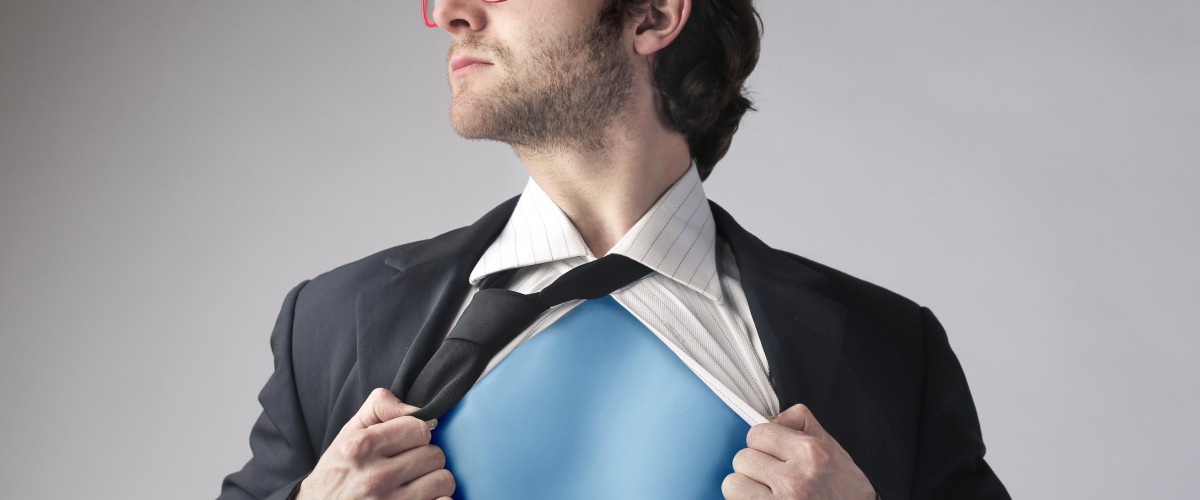
By Brian Baez, Caregiver Liason
After many failed attempts at being Superman, one of the first things I learned as an aphasia caregiver was that I am just me. No matter how much I wanted to be able to fly around saving my world from complete chaos, I couldn't. I simply lacked the hours, knowledge, and emotional fortitude to be husband, caregiver, and therapist while maintaining some sense of self. For me, the thing that ultimately was my Kryptonite was the title of Therapist. I found that taking complete responsibility for my loved one's progress was an unfair burden that was starting to lead towards anxiety and resentment.
Many aphasia caregivers feel the need or are told to be the off-hours therapist at home. While it's important to help your loved one along the road to recovery, it can be hard for your loved one to take help or speech corrections from their loved ones. Maybe you're coming up against your loved one's own feelings or pride, stubbornness, or fear of failure. The relationship becomes unbalanced when you take on the role of therapist. No matter how hard you may want to push your loved one, you can only move as fast as your loved one is motivated to do so.
So where is this healthy balance between wanting to be 24 hour Super-Therapist and leaving your loved one to their own devices? One answer to this is planned increments. It can be more beneficial to find small amounts of time peppered throughout the week to focus on therapeutic activities, versus constantly being in therapy mode. Not only does it keep the brain from tiring out, but it will spare your patience, allowing you to be there for your loved one in other ways. No one can be everything, no matter how hard we try. It's a marathon, not a sprint. Pace yourself. What other ways have you found helped you find balance of caregiving?
